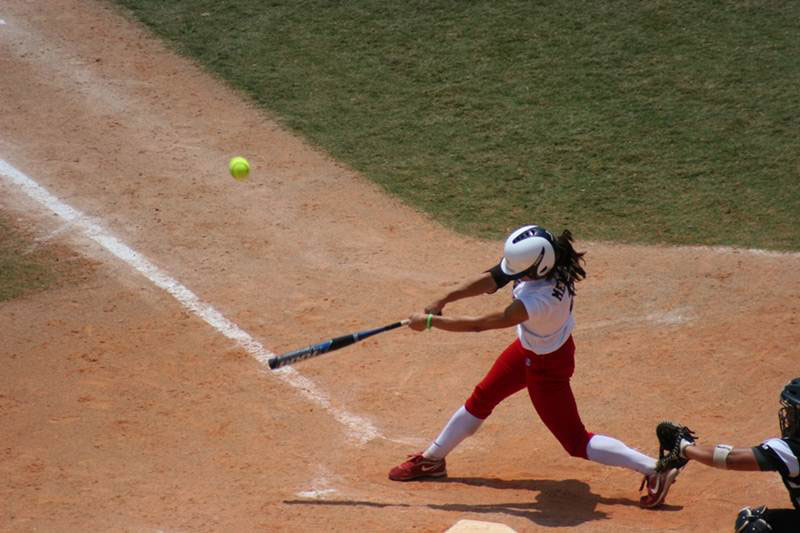

Jessica Mendoza
As a member of the United States softball team, Jessica Mendoza has competed against the best players in the world, winning a gold medal at the Athens Olympics in 2004 and a silver medal in Beijing in 2008.
But the toughest competition she has faced came while playing in the National Pro Fastpitch League, a little-known professional league with only four teams and no television contract.
“I have never faced better competition in my life than I did this summer — hands down, better than the Olympics,” she said.
Last week, Mendoza and seven other players who competed on the 2008 Olympic team announced that they would not play for the United States this summer and would instead compete in the professional league.
The move, they say, holds the key to building a future for their sport, which was eliminated from the Olympics after the Beijing Games.
“Times have changed, and unfortunately we’re no longer in the Olympic program, but I think that this is what’s going to be the future of softball,” said Lauren Lappin, a member of the Beijing Olympic team who joined Mendoza in announcing she would not play for the national team.
The players said the defection was the culmination of years of discussion about the best way to promote their sport, including with Billie Jean King, who encouraged them to follow her example and those of other women’s tennis players who formed their own tour in the 1970s.
After softball lost its Olympic status, the United States Olympic Committee cut its financing for softball’s national governing body, which in turn eliminated its stipends for national team players. Last summer, several players struggled to play on the national team and in the professional league because their schedules often overlapped.
When the national team asked players to commit this year to a series of international competitions that would have interfered with the professional schedule, Mendoza said the decision became easier.
“I was actually very relieved,” said Mendoza, an outfielder with the USSSA Pride, which plays in Florida at Osceola County Stadium and at the ESPN Wide World of Sports Complex in Orlando. “For our pro league to be successful, something like this has to happen.”
With only four teams, in Florida, Illinois, Ohio and Tennessee, the National Pro Fastpitch League is small by professional sports standards. Each team is limited to 20 players, with a salary cap of $150,000. Mendoza said players typically earn $8,000 to $50,000 a season, which runs from June through August. The Akron Racers, who led the league in attendance, attract about 1,000 fans a game.
But now that softball’s biggest names have committed to playing in the league, Commissioner Cheri Kempf said she expected the league to grow. Progress has been slow in previous years — league play began in 1997 — in part because Olympic team members could not commit to playing a full season, she said.
“I think the country is ready to watch women compete as long as they are competing at a high level,” Kempf said.
Kempf, who played in 1992 for the United States team and is a former assistant coach of the junior women’s team, said she saw professional success as a path back to the Olympics. It worked for tennis, which withdrew from the Games after 1924 and did not return as a medal sport until 1988.
“It was the overwhelming professional success of tennis that got the attention of the Olympic Committee and inspired them to bring it back in,” Kempf said.
But Ron Radigonda, the executive director of the Amateur Softball Association of America, the sport’s national governing body, disagreed, noting that other professional team sports, like baseball and football, are not Olympic sports. (Baseball, however, was officially played in the Olympics from 1992 to 2008.)
“If you want to promote the sport internationally and you want to get back in the Olympics, the only way you can do that is through the international program,” Radigonda said.
Mendoza said she was optimistic about softball’s future after serving as an ESPN analyst for the Women’s College World Series. She said she was in talks with ESPN to carry the professional league’s opening weekend as well as the championship game, although an ESPN spokeswoman said those negotiations were in the early stages.
Mendoza said she frequently received letters and e-mails from viewers, often men, who said they were converted after turning on a softball game to make fun of it.
“We’ve made a lot of fans out of naysayers that not only don’t believe a woman can play softball, but don’t believe a woman can play sports,” she said.
By KATIE THOMAS
Published: January 19, 2011
About USSSA Florida Pride:
The USSSA Florida Pride is a professional franchise in the National Pro Fastpitch League that is owned and operated by USSSA. The amateur organization of USSSA has multi-sport coverage and encompasses teams and players from the United States and abroad.
About NPF:
National Pro Fastpitch is headquartered in Nashville, TN. The league, created to give elite female fastpitch players the opportunity to pursue a professional career in their chosen sport, has operated since 1997 under the names of Women’s Pro Fastpitch (WPF) and Women’s Pro Softball League (WPSL). NPF is the Official Development Partner of Major League Baseball in the category of women’s fastpitch softball since 2002.
About USSSA:
The United States Specialty Sports Association (USSSA), headquartered in Osceola County, Florida, USSSA is the World’s Largest Multi-sport Athletic Organization. Founded in 1968, USSSA has grown to over 3.7 million participants, competing in 13 nationally sanctioned sports including Baseball, Fastpitch, Slow Pitch, Karate, Basketball, Soccer and more! For more information on USSSA and to register your team visit USSSA.com. Also be sure to visit USSSAToday.com for the latest USSSA News!


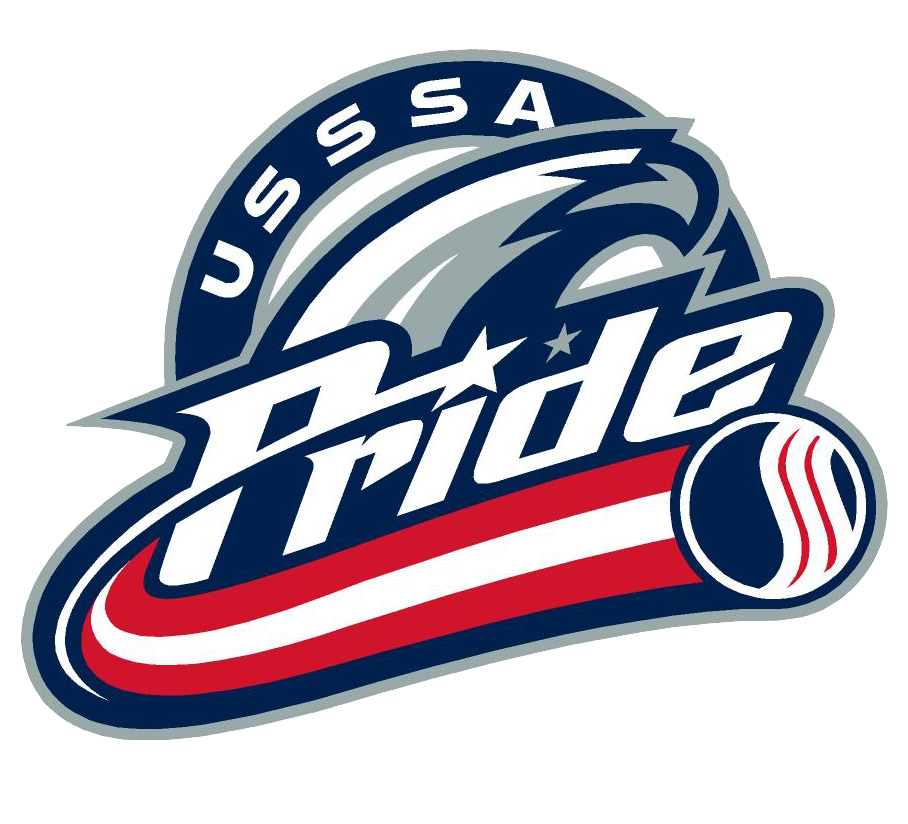
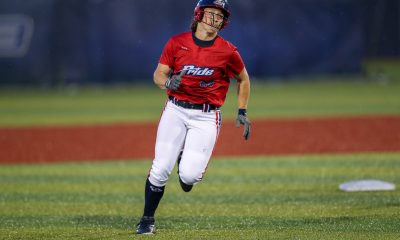

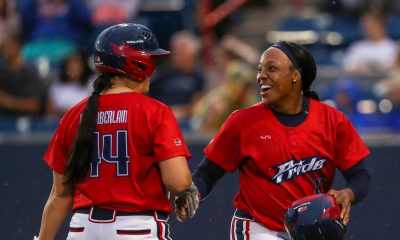

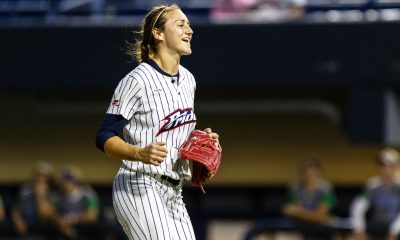





You must be logged in to post a comment Login